Growth of GDP and Its Effect on Recession and Economy
Dec 04, 2023 By Triston Martin
Advertisement
Countries and experts use Gross domestic product or GDP as an economic growth indicator for countries. This growth allows them to promote their exports, bring in more jobs, and spend tax income. Everyone desires a steady increase in any country’s growth, but what if it doesn’t hcappen? Furthermore, in case a negative GDP occurs, how long before it becomes a recession?
Let's discuss the nuances of GDP on a country’s economy and how GDP and recession are interlinked.
What is GDP?
When we talk about GDP, it is a measure of how well the local economy is doing when compared with international markets. The products or services that we produce in the local market are cheaper to make and produce. But when we export or sell it outside the country, we exchange them against foreign currency. This exchange enhances our economy and buying power.
To support the GDP, individuals and businesses play their part alongside governmental organizations. Typically, you can calculate the GDP each quarter, which allows the organization to step in and make better changes. These changes support the economy and the country’s growth.
A good increment in gross domestic product is good news for the economy. It is good as it can give purchasing power to citizens, creating more demand and more jobs. This growth also increases taxes collected, which in turn allows for more investment in infrastructure.
How does GDP Affect You?
If you have more buying power, it means you can spend more to buy things you want. Every increased purchase you make, the government can tax it. This means the government has more money to spend on services for the general public. This supported spending further enhances their lifestyle.
With improving GDP, you get better health care facilities better schools, and the government is better equipped for emergencies. Furthermore, they have to borrow less from financial institutions to run things.
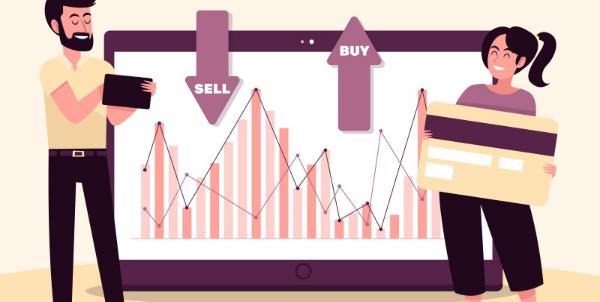
How Do You Measure GDP?
There are several ways to measure American gross domestic product or for any other country:
Output – In this method, governments and financial institutions calculate the total amount of value different sectors help produce. These sectors involve industrial, manufacturing, agriculture, construction, etc. The more you can produce, the more you can sell to earn money.
Expenditure – If you have more purchasing power, you can spend more to enhance your lifestyle. The same is the case with a government that can spend more on infrastructure. The government can enhance this spending if they can export more products than they import.
Income – How much profit can you generate from exports and other government endeavors, and how much does it support the economy?
If your government is stronger, then it will have a positive GDP with a recession ratio, meaning your economy is better. But what happens if the ratio causes negative GDP? Let's discuss that in the next session.
What is a Recession?
Regular increase in American gross domestic product is a sign of a good economy. Sometimes, it doesn’t pan out as intended. If the growth rate is negative, meaning declining, and that too for two consecutive terms or quarters, the growth rate is termed a recession.
While it is a good indicator of a declining economy, it doesn't necessarily give a clear picture. The National Bureau then looks into accurate data such as how long the decline has been coupled with income of different sectors, employment, business, etc.
Only then can they make a formal report, and the government steps in to support the economy to turn it around realistically. Any artificial income or currency exchange will instead create a bubble that can have terrible effects on the country.
What Can Cause Recession?
There are many reasons for a recession, and the most prominent ones are that we gain from the historical data. The main reason has been the economic imbalance that is created due to wrong policies or unforeseen circumstances.
The prime reason for the 2008 recession was the housing market and too much reliance on it, where too much debt was incurred by regular people. The interest rates were difficult to manage for them, and a lot of them had to default.
The 2001 recession was massively different as technology was booming, and everyone wanted to dive in on all the hype. This created an unsustainable bubble in the stock market that crashed as soon as the production couldn’t meet the demand.
Sometimes, it is just catastrophic events like Covid 19 that severely damage corporate businesses and profits as they can’t sustain their unsustainable growth.
Unfortunately, whatever the reason, recession causes a cycle that causes job cuts, meager investments, lower income, businesses closing, and so on. It can cause massive damage to a country's economy.
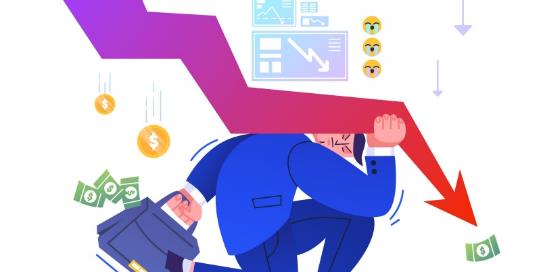
How Long Does a Recession Last?
The good thing about modern economies, in a sense, the way they operate, is that the recession hasn’t lasted longer than 18 months. This average number we take from the expert’s analysis for the past 11 recession cycles is primarily due to the support from the government and investors.
In the last 70 years of American history, the effects of recession have been much smaller than the overall growth in the same time period. It is easy to see that a recession causing a 2.5% growth decrease isn’t consequential to a massive 25% over the same duration.
However, it is pretty hard for those who have seen or experienced the ramifications of the recession. During this time, it was like a lifetime for those experiencing the devastating effects of the downturn of the economy.
Final Thoughts
GDP is an excellent indicator of the country's economic situation. When looking at different aspects supporting it, you can predict what aspects can eventually cause adverse effects. It is then the responsibility of financial experts and institutions to observe the imbalances and work on curbing them as much as possible.
There have been several metrics the experts define that incorporate these different aspects we discuss here in the article and predict the rises and falls. In the end, declining growth isn’t that bad as long as there are policies you can enact to counter it properly.
Advertisement
-
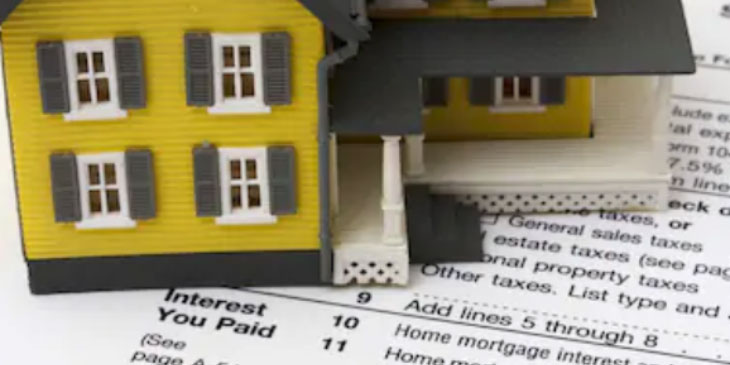 Mortgages Nov 09, 2023
Mortgages Nov 09, 2023Ways To Save Money When Filling Mortgage Taxes
The tax deduction for mortgage interest is one of the aspects of homeownership that is likely to be misunderstood the most. It has reached the level of a near-myth. As a result, many people considering buying a property are convinced of its advantages even before they do the necessary calculations to establish whether they are eligible
-
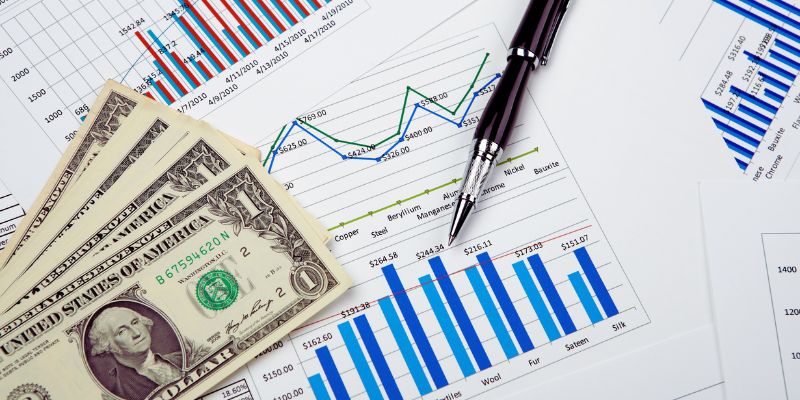 Business Nov 04, 2024
Business Nov 04, 2024Financial Crises: Identification and Economic Significance of Avoiding Them
From asset bubbles to debt defaults and preventive policies, learn how to spot financial crises and hold their economic relevance
-
 Know-how Nov 10, 2023
Know-how Nov 10, 2023Top 4 Best Medicare Supplement Plan G Providers
The most comprehensive coverage for Medicare recipients is now provided by Medicare Supplement Plan G, as Medicare Supplement Plan F is no longer accessible to new beneficiaries. The option of Medigap, commonly known as Medicare Supplement Insurance, is available to persons with Original Medicare who want to reduce out-of-pocket expenses.
-
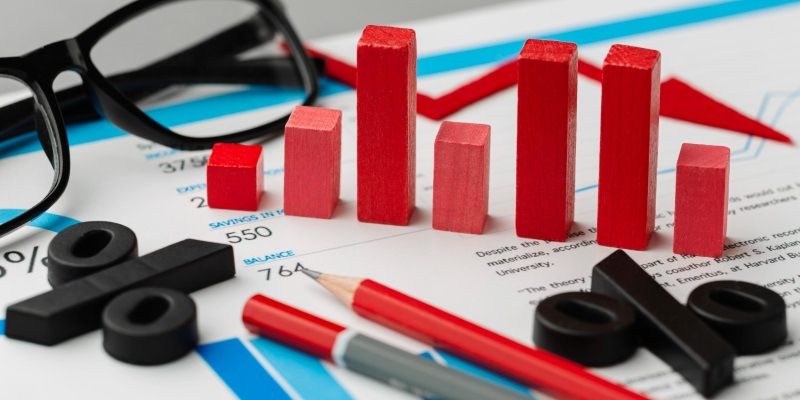 Know-how Dec 04, 2023
Know-how Dec 04, 2023Growth of GDP and Its Effect on Recession and Economy
A good American gross domestic product growth is good for the economy, but what happens when the GDP is negative? Learn about how GDP and recession relate to each other in this article.
